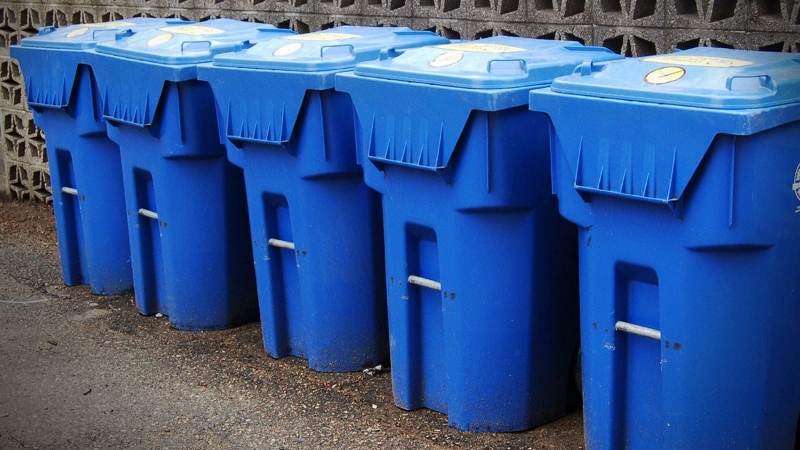Starting a recycling depot on your smallholding may meet a number of needs. Most of us are quite willing to do our bit for the planet by recycling our waste, but to find recycling depots nearby is not always easy, especially in agricultural holdings areas.
In this way you can not only help the keep the environment clean, but you can also make some income from it.
What are the advantages of recycling waste?
- It saves valuable landfill space, as now there will be less waste to be disposed of;
- Recycling saves energy – making new products from recycled materials requires less energy;
- It saves natural resources – recycling reduces the demand for foreign and domestic raw materials and natural resources, e.g., fuel, trees and metals;
- Recycling existing materials can reduce manufacturing pollutants;
- It prevents littering, thus reducing the negative environmental impact of waste;
- Transporting waste uses resources and causes pollution;
- Incorrect handling of hazardous waste can result in harm to humans, animals and the environment;
- It provides opportunities for job creation.
A good place to start is to contact recycling companies to find out what they will take and what sort of quantities they accept. Check how to present the waste, e.g. must it be washed, how must it be sorted, where can waste be delivered, do they collect or provide drums, bags or containers and how much do they pay.
You might need to check with your local metro to establish which municipal by-laws or other laws apply whether you need to register as a collector, transporter or buy-back centre operator. If you need a permit, find out where you must apply and whether any other legal documents are required. Establish whether they offer any assistance in getting you started.
Identify your competition: who are they, where do they operate and what do they collect.
If you are going to set up a buy back centre on your own plot, you’ll need to identify a site at least the size of a double garage. You will also need to consider how accessible it is to the public and to collectors.
What You Will Need To Establish a Recycling Depot
Estimate your space requirements based on volumes and type of recyclables to be stored, the period it will be stored, areas for offloading, sorting and storage and the containers that you will need (type, size and quantity). You also need to have an office area, ablution facilities, as well as turning space and headroom for vehicles. Check if you need to adapt your drainage system to handle effluent from your site.
Consider what you will collect ~ cans, glass, paper, plastics, used oil, electrical and electronic waste, scrap metal or tyres.

You will need containers in which to store the waste materials, tables for sorting, signage and some form of security.
Obviously you will have to keep your site and containers neat and tidy at all times to prevent bees, flies, rats, odours, unsightliness and accidents. Someone must sweep, wash and disinfect the containers and the site regularly. On a daily basis you must pick up litter inside and outside of the site’s fence.
You will also need to think about possible health and safety risks and must check for possible fire and environmental risks.
Establish who is going to keep the site clean, who will monitor the containers and phone for collection or deliver the containers to depots and who will keep a record of payments.
Sources of Recyclable Materials
Then you need to explore possible sources of recyclable materials. In smallholder areas where recycling is not compulsory, put up signs in your area for you community to bring their waste to you. Organise local clean up days. Get that your neighbours to help you to collect the litter on your streets and in the veld. Approach shops in local shopping centres and offer to take away their recyclable waste.
Ask local school children to take materials to school, where you can collect them.

Find high consumption areas, e.g. taverns, restaurants, hotels or stadiums, sports fields, outdoor events, parks and picnic spots.
Negotiate a price with recycling companies or their nominated agents and decide on method and frequency of payment. Factors influencing prices include market demand, sufficient volumes, sorting and preparation of recyclables.
As in any business set up your recordkeeping. You need to monitor daily operating records: weights, volumes and types of recyclables; what you have collected, received and sold, along with the prices paid to collectors and prices paid by agents.
In terms of money management, prepare a budget. You need to control payments and receipts and prepare monthly income and expenditure reports. You will also have to think about security of cash on site.
For more information click here.
To read more about developing infrastructure on your smallholding click here and for climate change articles click here.
To receive all our notices and each edition of SA Smallholder register for free here.


I’m Sindy Khanyile at Dassenhoek I would like to get help with papers that I have collected and sort now I don’t have picked up truck 🚛 started with collecting and sorting before finding an agent